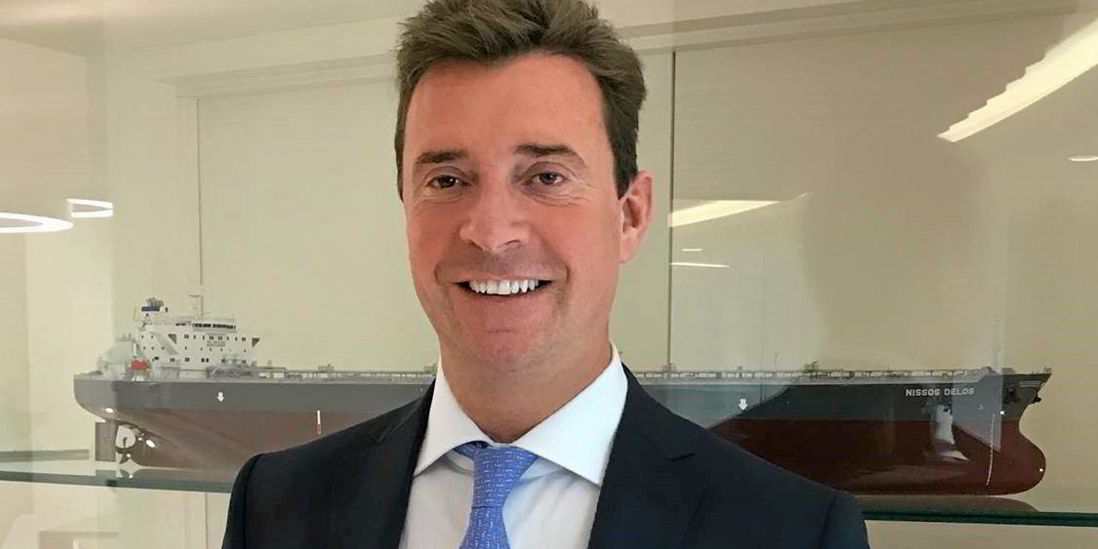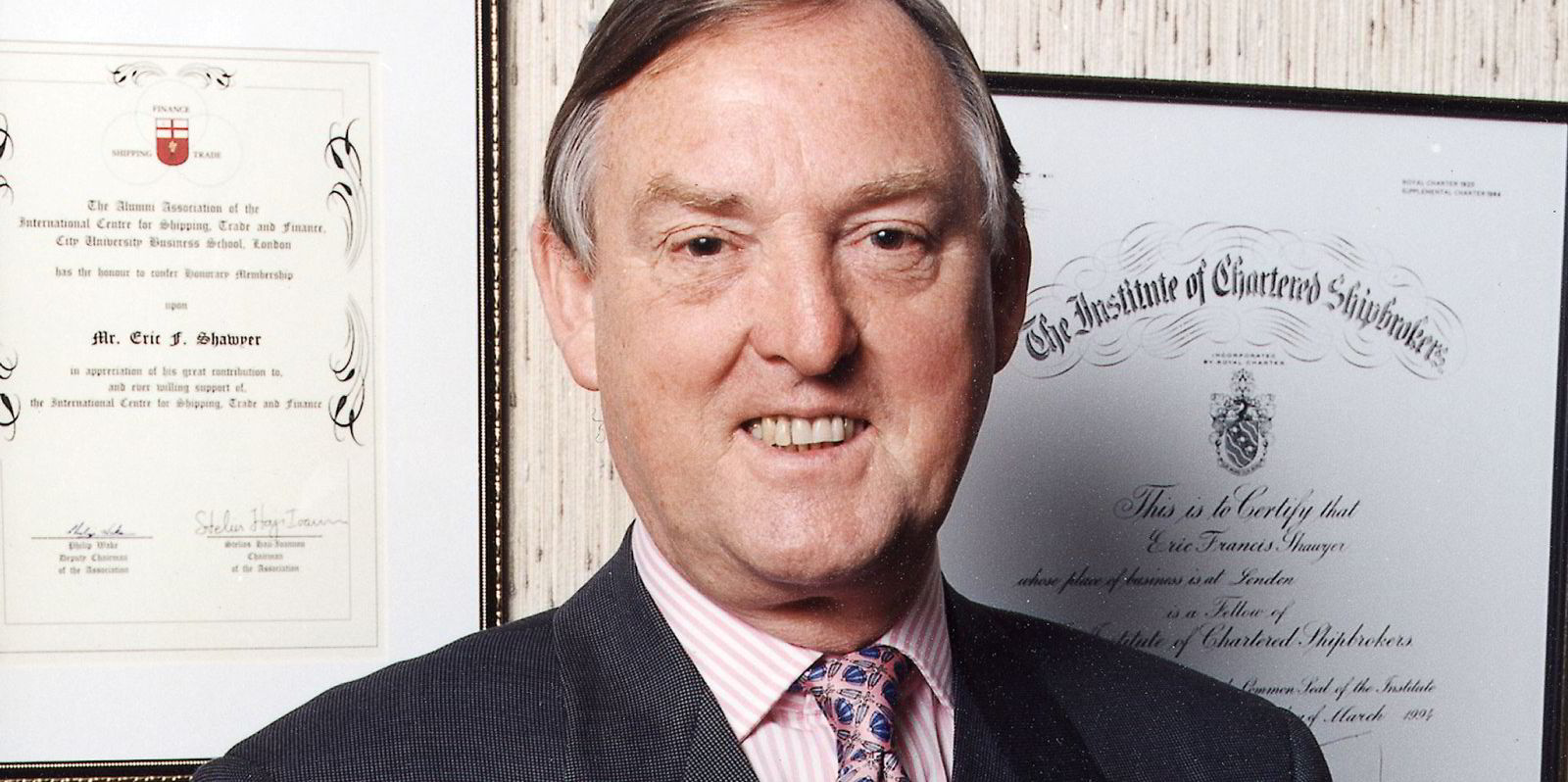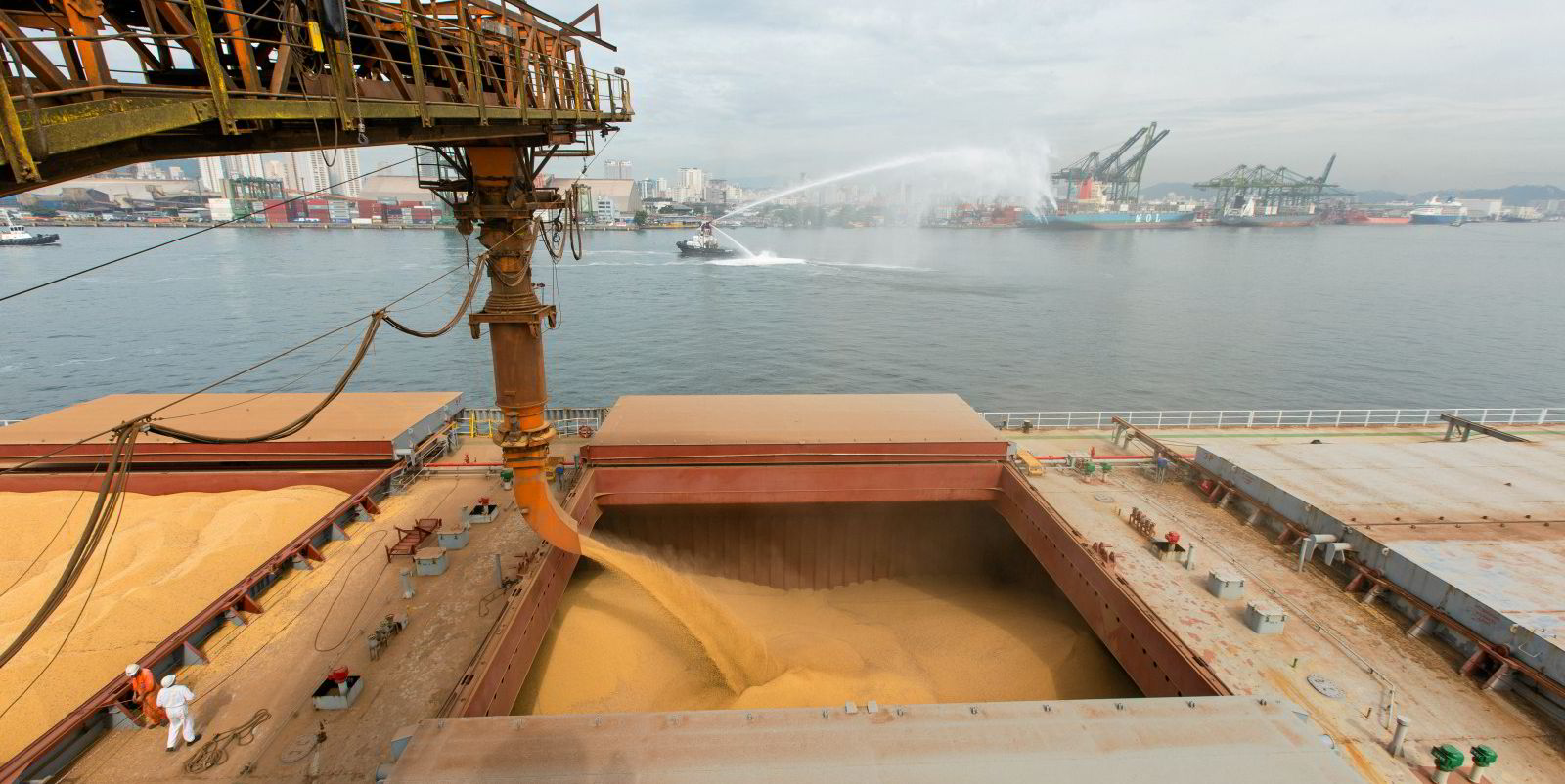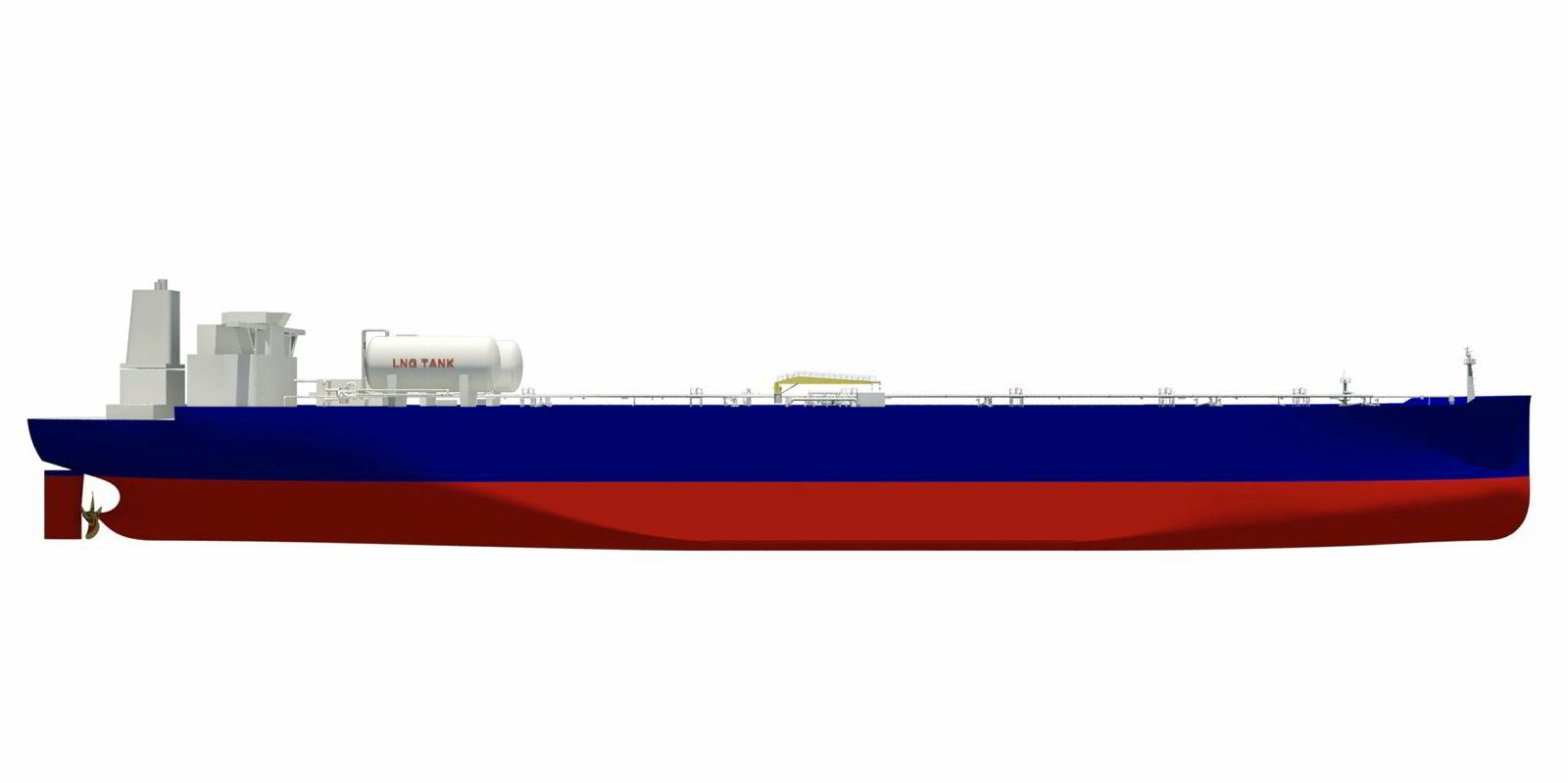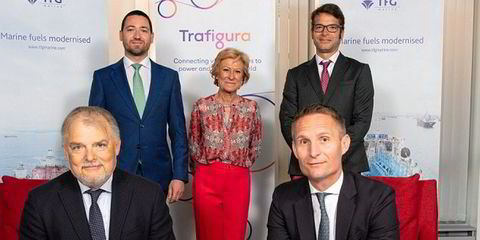UK shipbroking and finance group Braemar Shipping Services is restoring payouts to shareholders as markets recover and profit rises.
The company has beaten market consensus and its own forecasts with net profit of £5.1m ($7.2m) in the year to 28 February, against £4m in the previous 12 months.
Revenue dipped to £111.8m from £117.6m, but it booked a £2.2m profit on selling half its stake in LNG and LPG consultancy AqualisBraemar in the period. The rest of the shares were sold later in 2021.
Debt ratio falling
Net bank debt was reduced by 56% to £8.9m.
Braemar said it will pay a dividend of 5p per share for the year, after scrapping the dividend in April 2020 due to Covid-19 uncertainty.
In the group's trading update on 9 March, the board set a target of achieving a net debt to Ebitda ratio sustainably below 1.5 times on average.
"I am pleased to report that excellent progress has been made towards this goal, with the ratio falling to 2.14 for the year, down from 2.77 for the prior year," said chairman Nigel Payne.
Following the disposal of AqualisBraemar stock, this should fall well below 1.5 times, he believes.
"Accordingly, the board has decided to supplement its growth strategy with a progressive dividend policy involving the payment of dividends to shareholders each year, subject to financial performance," Payne added.
US a target
All areas of the business have started the year well, he said, and initial signs are encouraging for the rest of the year.
"There is sufficient strength and demand returning to shipping markets to support the board's expectations for a stronger year as global trading patterns return to pre-Covid levels," he said.
Areas of specific interest for the group are growing presence in the US market, developing offices in continental Europe and increasing the derivatives coverage.
Group chief executive James Gundy was delighted with the performance in such a challenging period.
"We have not only exceeded market and indeed our own expectations for financial performance, but we have realigned many aspects of the business towards our new growth-oriented shipbroking strategy," he said.
"We have also simplified the business, reduced net debt to manageable levels, improved our management structure and put ourselves in an ideal position to capitalise on the global recovery that is now underway, driving global trade and shipping markets, which are showing indicators of future strength as a result."
Investment bank FinnCap said Braemar's earnings were 6% ahead of forecasts, due to a stronger performance in shipbroking.
"The success in reducing debt is a standout feature for us, supporting an increased target price," FinnCap added.
Earnings outlook upgraded
"With a global recovery now driving shipping markets and Braemar’s reinvigorated focus on shipbroking, the outlook is positive and we have upgraded full-year 2022 earnings per share 8%."
The shipbroking division had a strong year.
"Employees adjusted well to home working for long periods and there has been a positive effect on our inter-office communication now that a full return to offices is in prospect," Braemar said.
Lower travel and entertaining expenditure helped reduce the impact of a decline in revenue.
The sale-and-purchase desk had another successful year, with increased activity in all sectors, especially with respect to tanker newbuildings, Braemar said.
The year saw multiple contracts for VLCCs at Hyundai Heavy Industries.
"Revenues in this area also increased during the year due to long-term charters connected to the newbuild projects and were well ahead of our expectations despite lower levels of market activity," Braemar said.
There was also significant success in selling secondhand tankers at higher prices at the beginning of the year due to the rise in spot charter rates in the second half of 2019 and first half of 2020.
The subsequent slowdown in the tanker market in the second half of the year saw S&P activity decline as well.
"However, the year-end was marked with the well-publicised increase in both dry cargo and container freight rates, which stimulated the secondhand market for bulkers and container vessels across the board," the company added.
